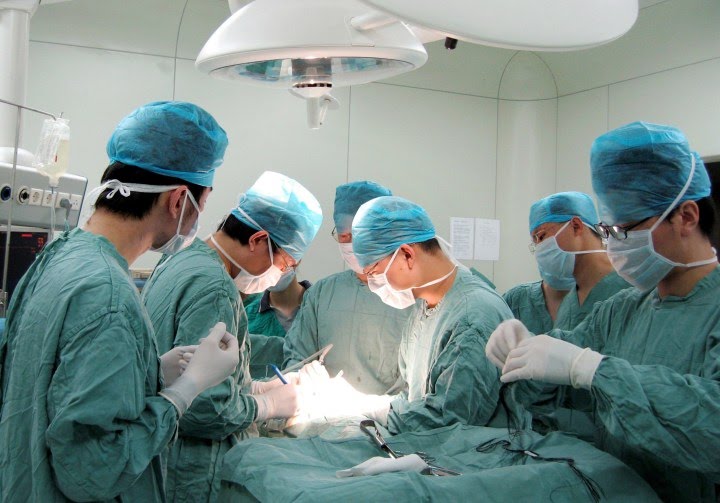When Liu Shanwen, a war veteran, passed away at the age of 95 three years ago, his family honoured his final wish by donating his body for medical research.
“My comrades-in-arms have departed, and now life, both in spirit and substance, abounds with riches.
“Living is the utmost joy, and when I depart this world, I wish to give all that I can back to society,’’ said Liu in explaining his choice.
Liu’s daughter Liu Yanqun succumbed to illness more recently.
Her most profound desire before departing this world was to follow in her father’s footsteps by donating her body for the advancement of medical science.
Influenced by the commitment of their older generation, three generations of the Liu family have registered for the noble cause of human organ donation.
Currently, more than 6.3 million individuals have embraced the selfless act of registering as human organ donors, as reported by the China Organ Donation Administrative Centre.
On various online social platforms, one can easily find numerous people proudly displaying their voluntary registration cards for organ donation.
Among them is Yuanyuan (pseudonym), a spirited young woman with short hair, expressive eyes, and a slender frame.
She has valiantly battled cancer for over two years and is determined to leave a gift of life when she passes away.
“As for the question of becoming a handful of ashes or a seed of hope after passing, I will choose to be the latter,’’ she said.
She made the decision to become a volunteer human organ donor, viewing it as a choice in favour of life itself.
“Donating the body can save a lot of trouble,’’ said Li Jing, who worked in Beijing.
However, beneath this casual statement lies significant personal pressure.
Li’s parents struggled to comprehend her choice and vehemently opposed it.
In the eyes of the older generation, death remained a highly sensitive and taboo topic.
For them, their daughter’s decision to sign an organ donation agreement was a matter they cannot wholeheartedly accept.
“Body organ donation requires the consent of immediate family members.
“Even if someone expresses desire to donate he or her body, as long as he or she has a child who disagrees, the donation cannot proceed,’’ said Zhu Gaochun.
Gaochum is a director of the medical school’s anatomy teaching and research department at Nanchang University.
“This perspective is deeply rooted in the Chinese tradition of preserving the body intact, even as cremation gradually replaces burial.
“The notion of preserving the body, including its hair and skin, remains a fundamental concept for many,’’ Zhu said.
Zhang Zhihuang, deputy director of the humanitarian assistance service centre of the Red Cross Society of China Jiangxi Branch, highlighted that the body organ donation demographic primarily consists of young and middle-aged people.
He said with 92 per cent of registered donors falling between the ages of 18 and 45.
“A significant factor preventing elderly people from donating is their children’s disagreement.
“They fear being seen as unfilial, and traditional beliefs continue to pose the most substantial barrier to body donation,’’ Zhang said.
More than 47,000 volunteers have selflessly donated their body parts so far this year, illuminating the path of medical research with the gift of life.
“Body donation is vital for medical research, and it’s hard to imagine how a medical student can be a good doctor without actually dissecting a human body,’’ Zhu said.
However, he also acknowledged that the proportion of medical school teachers and students signing up for body donation was very high.
He somehow compared that to the needs of society “it’s like a drop in the ocean.’’
NAN









